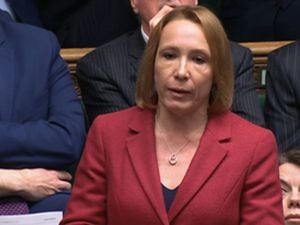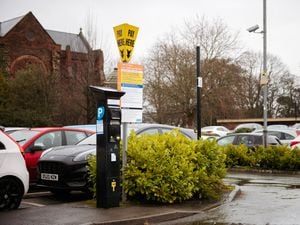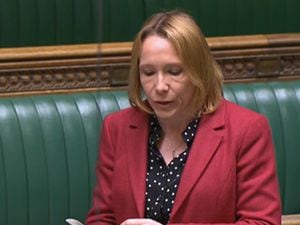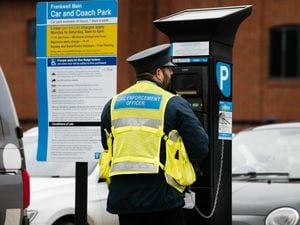Mixed response from Shropshire and Mid Wales' MPs on May's deal
MPs in Shropshire and Mid Wales had mixed messages for the Prime Minister as she headed into her crucial Brexit vote tonight.
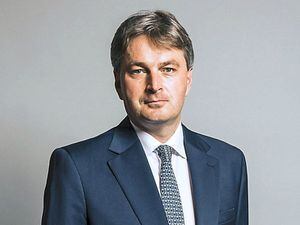

While Ludlow MP Philip Dunne and Montgomeryshire MP Glyn Davies said they would be backing the deal, despite reservations, others said they would be voting against it.
And yesterday’s letter from EU leaders Donald Tusk and Jean-Claude Juncker, which sought to clarify the so-called ‘backstop’ arrangement to avoid border checks on the Irish border appeared to have done little to change any minds.
Daniel Kawczynski, MP for Shrewsbury and Atcham, said he would not be able to back the deal in its present form.
“This will be only the second time in 13 years that I have rebelled against a three-line whip by the Conservative Party,” he said.
“When loyalists like me are voting against something, they ought to realise they have got a problem.”
He said a major concern was the impact the deal would have on the union between Great Britain and Northern Ireland.
Mr Kawczynski said he was not in the slightest bit reassured by the EU letter.
“I have spoken to the DUP, and they say it’s not worth the paper it’s written on. I said if they could get the DUP to abstain I would reconsider my position. But the assurances in the letter are not legally binding and are not part of the treaty, and I can’t vote for something that threatens the United Kingdom.
“I think unless the Prime Minister pulls a rabbit out of the hat, it will be voted down, but we shouldn’t be frightened of a managed no deal.”
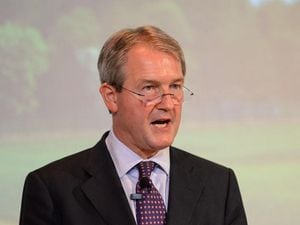
North Shropshire MP Owen Paterson, a former cabinet minister and vocal Brexiteer, said he would be voting against the agreement.
Mr Paterson had opposed the deal from the very beginning, and said he was ‘not in the least’ convinced by the letter from the EU.
“It does not legally bind the treaty, and it has no legal value,” he said.
Mr Paterson said that in 2017 Theresa May had committed to leaving the European customs union and single market.
“What we’re seeing is an establishment ganging up in a frantic attempt to stop no deal because no deal means leaving,” he said.
Mr Paterson said 17.4 million people had voted to leave in the referendum, and those wishes had to be respected.
“I’m a mainstream Conservative trying to see my manifesto delivered, where we promised to honour what the 17.4 million voted for.
“This withdrawal agreement doesn’t deliver that, it’s not leaving.”
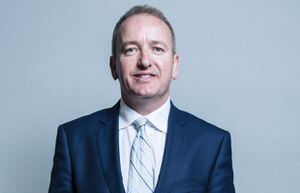
Mark Pritchard, MP for The Wrekin, said he was still undecided and would wait to hear the full debate, but said he had real reservations about the deal.
“I still have major concerns about the backstop,” he said. “I want to support the Prime Minister’s deal, but will not do so if it does not deliver a true Brexit.
“I will wait to hear the full debate, but World Trade Organisation terms is better than a bad deal that does not deliver Brexit.”

Philip Dunne, MP for Ludlow, said he would be voting in support of the deal.
“While the deal is not perfect, it provides a frictionless relationship with the EU for the transition period, while we negotiate the future arrangement, and that meets the pledge we made to leave the EU,” he said.

Glyn Davies, MP for Montgomeryshire, said he would be backing the deal.
“I’m a supporter of Leave, I think we should leave the European Union, and I think backing the deal is the only way we are certain to leave.
“By not voting for it, we take the risk of not leaving at all.”
“Voting it down risks no Brexit, and that is a pledge that we made to the people.”

Telford MP Lucy Allan said she would be voting against the Government.
“The withdrawal agreement is not what was promised,” she said.
“It is not what was promised in the referendum in 2016 and it is not what was promised at the General Election in 2017.
“It is costing us £39 billion, it ties us in indefinitely, unable to leave unless the EU consents.
“Already some member states have indicated they will use this need for consent to secure an advantage over the UK in future negotiations.”


